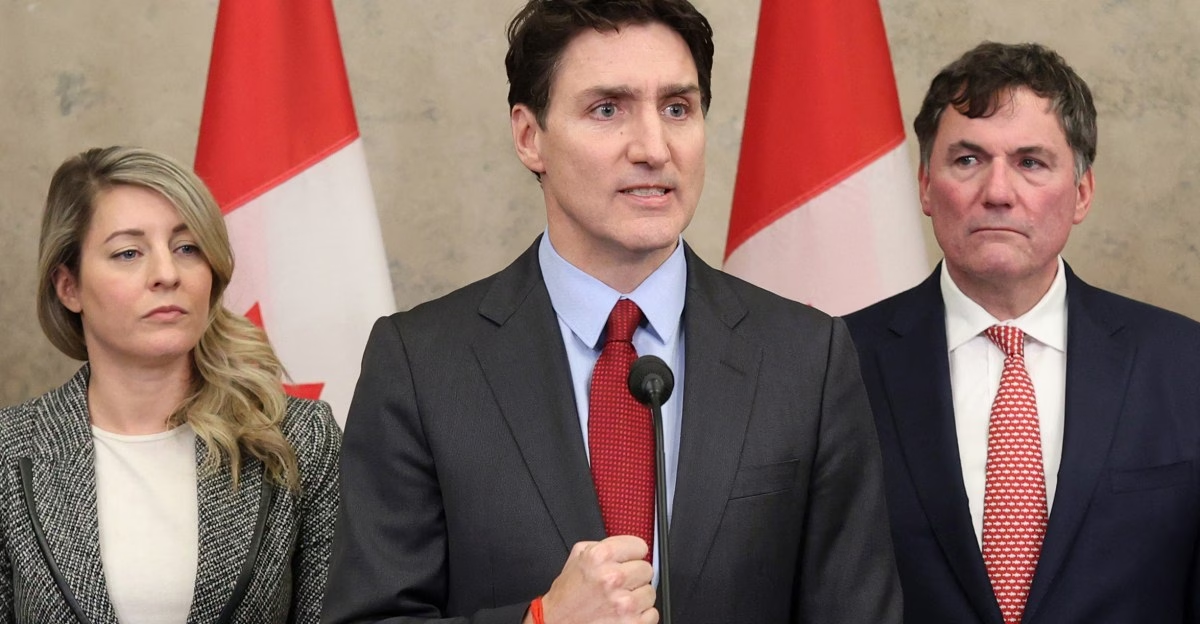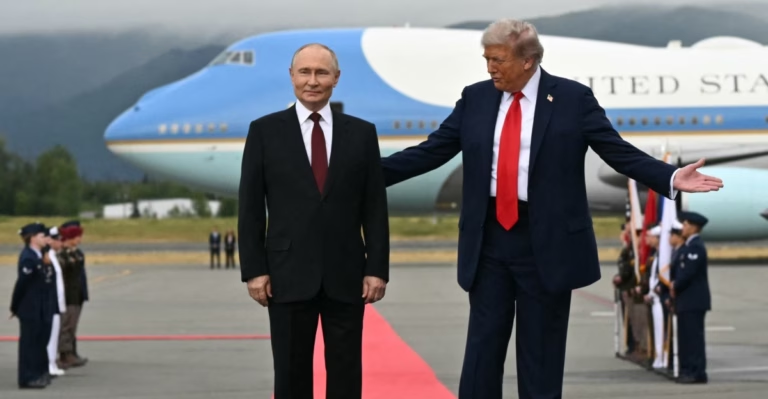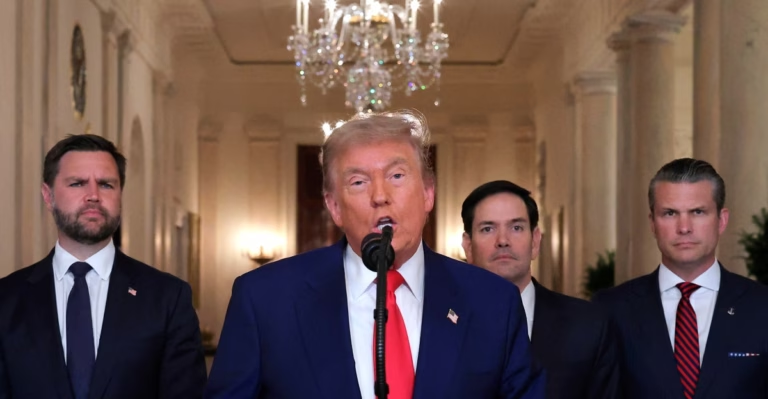The relationship between the United States and Canada is currently strained, with both countries engaging in an escalating tariff dispute. This started with President Trump referring to Canadian Prime Minister Justin Trudeau as “Governor Justin Trudeau of the Great State of Canada,” and escalated to tariffs being implemented and then retracted by both sides.
The issue has provoked strong reactions in Canada, with many Canadians expressing anger over the situation. One of the most vocal responses has come from Ontario Premier Doug Ford, who has threatened to impose a 25 percent tax on electricity exports to New York, Minnesota, and Michigan. In response, the US has threatened to increase tariffs on Canadian steel and aluminum.
Despite a recent de-escalation, the tension between the two countries remains high. Canada is not keen on being seen as aggressive, preferring a return to the pre-Trump status quo. However, many Canadians are strongly opposed to any form of coercion from the United States and are organizing boycotts of American products in response.
Under the leadership of Justin Trudeau, Canada has taken a defiant stance against the United States, which has proved popular. Trudeau’s approval ratings have increased as a result, and his Liberal Party, which was previously unpopular, is now in close contest with the Conservative Party in the polls.
The long-term implications of this dispute on the relationship between the United States and Canada are still unclear. One possibility is a more cautious approach to trade and diplomacy in the future, acknowledging the possibility of similar tensions arising in the future. Another possibility is a more hostile approach, recognizing the significant economic and political costs of such a rupture.
Source: https://www.vox.com/politics/403927/canada-tariffs-alcohol-steel-trump-51st-state-boycott








